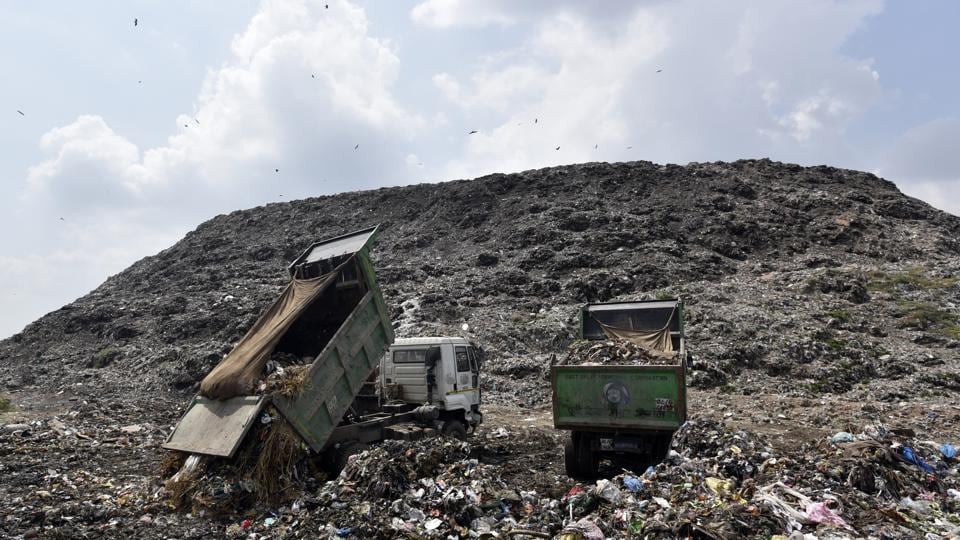In the last six months or so, most of us haven't stepped out of our homes, or at the very least, minimized our outings. The children definitely have been mostly inside their homes. But go back before that time period, and one of the memories we all carry - and this is probably true of all major metros, it is definitely true of Gurgaon - is the sight of the gigantic, hill sized, and stinking landfills right in the middle of the city. In Gurgaon, this is true of a very popular area for hanging out otherwise - a prime location to visit, the experience marred by the sights and smells.
Naturally, we are ourselves to blame for this state of affairs. We have spent the last few generations living as opulent a lifestyle as our means could afford, often purchasing things which we did not need, and generally unmindful of the damage we have been inflicting on our planet.
The last six months have given us all a lot of time to think things and reprioritize. We have begun to understand what is really important and what is not. And sustainable living is something we all need to strive towards.
At Morning Glorie, this has always been a core philosophy we follow. It is also a value we wish to inculcate in all children under our care, and a value we wish to share with all our parent body as well. The best part is, this can and has been incorporated in our learning program as well - offline, and more so in the online preschool modules that we have.
Here is how we incorporate
SUSTAINABLE LIVING IN EARLY LEARNING
REDUCE, REUSE AND RECYCLE 
Early years education is best assimilated when it is frill free, learnt through experience, and aids used are objects which a child can associate with. These are typically objects which are easily available in the household - fruits and vegetables, toiletries, cutlery, waste material generated, one sided stationery and so many more.
We really can do away with a lot of purchases which we really do not need. Therefore, we all need to work towards REDUCING consumption which is not needed.
Naturally, we cannot eliminate a portion of our purchases. There is a category of products which are essential part of our daily lives. Did you know, there are many ways to REUSE and RECYCLE them?
That's right. Please do not throw away things which you feel are waste material - soap/cereal/dip boxes, old newspapers, even plastic packaging material. Throw them if you feel they can be recycled by your waste collector. Otherwise, use them wisely to create learning aids for and WITH your child.
The video at the end of this post gives you a glimpse of what you can do with your waste material. There is so much more you can do .
SOME TIPS FOR REUSE AND RECYCLE
* Reuse sheets of paper with your child's art on one side
* Reuse art work or old newspaper etc for paper folding or tearing activities - DO NOT USE A BLANK SHEET OF PAPER FOR THAT
* Recycle packaging material to create sturdy crafts or learning aids like shape cutouts. You can also cover them with plastic waste generated at home to make them durable and ensure that your child cannot destroy them - this you can do instead of getting these aids separately laminated
* Use spread/dip boxes as storage material for the aids you are creating
Children enjoy creating their aids as much as they enjoy the learning activities they can do with them. This also gives you the chance to bond with your child over a set of activities and shared values.






Comments
Post a Comment